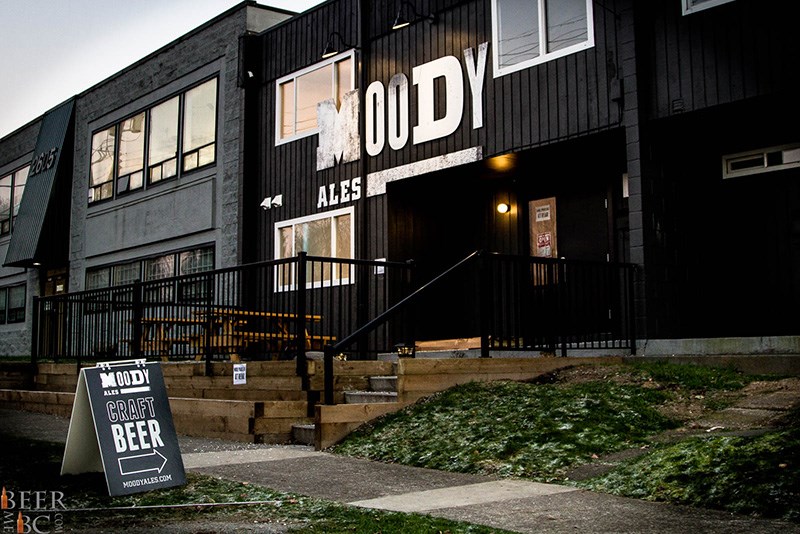Changes to Port Coquitlam's liquor rules have been fast-tracked to city council.
And given the speed of the proposed city bylaw, it's likely the regulations will be updated well before those in Coquitlam, which has been discussing the topic for some time.
Last week, PoCo's smart growth committee voted to skip a public consultation for the liquor policy and, instead, push the amended bylaw directly to the next city council meeting, on April 11, for introduction.
"We've heard from people about this issue for quite some time now and the message from the community is we need to get on with the changes," committee chair Coun. Brad West said Tuesday. "Going through an additional review would a waste time."
The hurry comes as microbreweries — especially in cities such as Port Moody and Vancouver — are gaining in popularity, drawing out-of-town guests and increasing economic spin-offs.
PoCo's bylaw amendment would allow for microbrews to be located in light and general industrial zones but West said he would like council to consider commercial districts as well.
"There have been some interesting ideas out there from industry representatives: Should we cluster them to create a district or do we want them spread out? It would be nice to see a couple in our downtown core, too."
Currently, the city has one proposal for a microbrew, planned for the Dominion Triangle, but that application is on hold pending the city's liquor regulation changes.
As well, city staff are recommending council allow on-premises brewing at neighbourhood pubs; to permit sales of packaged liquor at farmers' markets; and to expand the number of zones that allow UBrews and UVins (as well as cider and cooler making).
The liquor bylaw is expected to go to first reading at the April 25 city council meeting; if granted first reading, that would be followed by a public hearing.
The changes are a result of the provincial government's revised Liquor Policy Review in 2013 that called for more flexibility for businesses to serve booze.
[email protected]
@jwarrenTC



